If you’re looking for a way to start making money at farmers’ markets, this blog will give you the information you need to make that happen.
In it, we’ll cover the steps we’ve taken in learning how to find profitable farmers market items and what we’ve learned along the way.
Make a list of your skills.
The first step in finding profitable farmers’ market items is to make a list of your skills and interests.
This can be difficult if you’re not sure what they are, so take some time to think about your hobbies, past jobs and volunteer work, and anything else that might give clues.
If that doesn’t help, consider asking friends or family for suggestions—they may know something about you that you don’t!
Once you’ve got a list of possible skills and interests, go through it again carefully with an eye towards how these could translate into selling products at a farmers market: do any of them involve working with food?
Do they involve making things with materials other than wood or plastic (i.e., fabric)? What else can you think of?
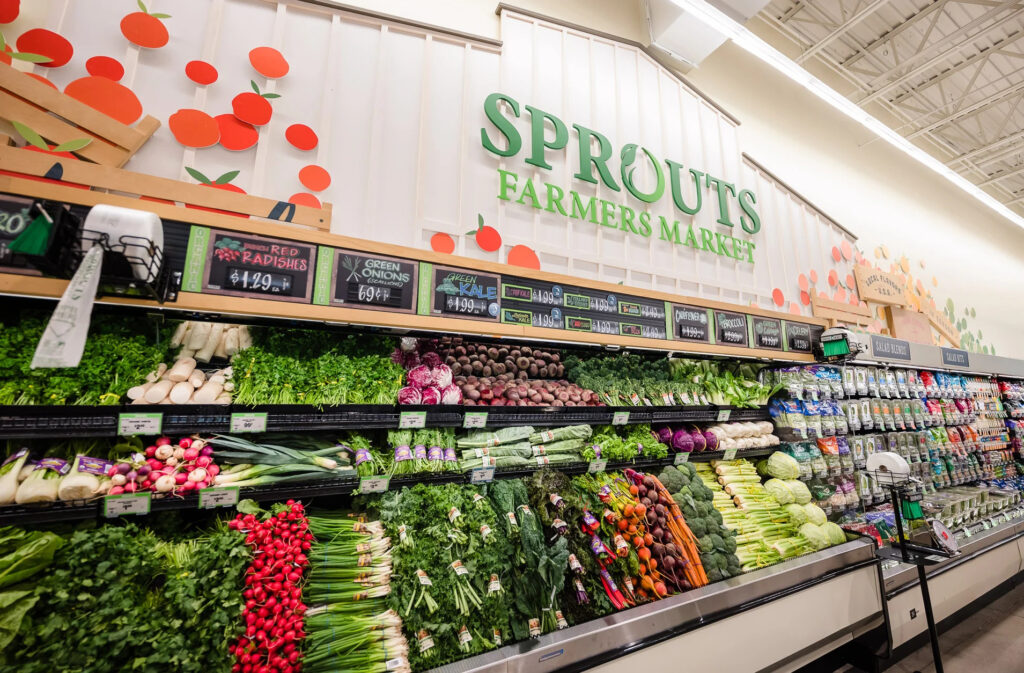
Think about items you want to make.
As an artist and crafter, you need to think about what you want to make and why. What do you like making? What are your skills? What are your interests? And above all, what do you enjoy doing?
For some people, this may be a simple answer: “I love cooking,” or “I’m good at sewing.” For others it can be more difficult: “I love photography but I’m not very good at it,” or “I have always wanted to try baking but never have.”
Whatever the case, if it’s something that interests you and that would be fun for someone else as well (or even just for yourself), then chances are there’s a way for it to become profitable!
Consider your interests.
You should consider what you like to do and what your hobbies are.
What is your passion?
What do you know a lot about?
What skills do you have?
And, what are your interests?
Use your skills and interests.
As you think about what you can sell for a profit, consider what skills you have and what interests you have.
- Consider your skills. If there’s something that comes easily to you, that’s a good skill to build on. For example, if I were going into business selling my own products (and maybe I will one day), it would be easier for me to make things if I had an interest in making them. If I didn’t like sewing or cooking or baking but wanted to start a business making things, then I would have to learn how to do these tasks and figure out how much time each task takes so that my costs are covered.
- Think about items you want to make. This may sound obvious but sometimes when we look at different opportunities and businesses we get so caught up in the numbers side of things that we forget about our actual passion! What do YOU want? What idea has been floating around inside your head for a while now?
Come up with ideas.
There are a lot of creative ways to make money at farmers’ markets. If you have a skill or interest that you can turn into a product, it’s worth considering making something for sale at the market.
Being creative and thinking outside the box can help you come up with ideas that might not initially come to mind when thinking about what to do in this situation.
One thing to keep in mind when brainstorming is that people tend to gravitate toward products they know or recognize, so if there is something similar already on the market (or close enough), it may be preferable for your items not to be too similar.

Present your ideas to people you trust for feedback.
Once you’ve found a concept that resonates with you, it’s time for some more research. You want to find people who are knowledgeable about the product or service you’re interested in making, selling at your farmers market, and/or running as a business.
These sources could include friends and family; advisors from school; chefs or other food professionals who are familiar with what’s trending in their fields; farmers’ market managers; local small business owners (who might be able to provide insights on how they source their products); and anyone else who has knowledge that could help inform your decision-making process.
Learn about local regulations for the products you want to sell.
If you’re selling a product that isn’t allowed at the farmers market, it might be worth looking into other venues.
For example, many local governments require a permit to sell food products in certain places.
Contact your local farmers market and find out how you can comply with any regulations they may have.
If you want to sell your homemade jams or chutneys at the farmers market but aren’t sure if they are permitted, contact them directly and ask about their policies regarding homemade items.
You should also find out if there is an application process or fees associated with this type of product before getting started with it.
Create a prototype or test product.
Once you have the feedback, it’s time to create a prototype or test product. I would recommend making a prototype first if possible. This will allow you to test out your idea and get more valuable feedback.
It also gives you time to make adjustments based on the feedback before making large investments in your business.
If creating a prototype is not feasible for your situation, then consider creating a test product and selling it at local farmers’ markets until people tell you that they want more from you or from that specific item.
Create a plan for selling your product.
- Create a plan for selling your product at a farmers market or in another place that would be profitable for you.
- Consider the costs of making your product. You may need to buy supplies, rent space, or even hire people to help you make it.
- Consider the costs of selling your product. You need to pay for things like tables, tents, and chairs if you are selling outdoors; signs if you are selling indoors; and advertising if you have neither an outdoor nor indoor spot.
- Consider the costs of transporting your product to and from the market: gas; parking fees; etc…
- Set up at least one day ahead of time so there is time left over on Sunday afternoon/evening after setup is complete during which things can go wrong such as rain storms causing damage etc. If possible try not to set up until just before opening time as this will allow more flexibility during setup since there will be less traffic around but still enough time left over after setup that things could go wrong without disrupting opening time very much (if at all).
Put your plan into action.
After you have developed your plan, it’s time to put it into action.
While the process of setting up a farmers market booth may seem like a lot of work, there are many benefits that come with taking this step.
- You will learn from your mistakes, which is invaluable in any business venture.
- You will learn from your successes and find ways to improve upon them.
- You can ensure that you’re still on the right track by talking with customers who visit your booth during market hours (or at any other time). This will help keep things fresh and exciting for everyone involved!
The same goes for vendors—whether they’re selling produce or crafts or anything else they’ve made by hand: talk to them!
They’ll be able to provide insight into what works well at their own events and may even have suggestions on how you could improve upon what you’re doing now.*
Work through the steps.
As a result of working through the steps, you will be able to find an item that will be profitable at the farmer’s market!
- You will learn what works and what does not.
- You will learn how to market your product.
- You will learn how to price your product.
- You will learn about the regulations for selling your product.
- You will learn about the market for your product.
Conclusion
We hope this post helped you figure out what your next steps should be for finding profitable farmers market items.
Remember that it’s important to keep an open mind and learn from your mistakes as you go along.
Don’t be afraid to ask questions or seek advice from people who know more than you do!


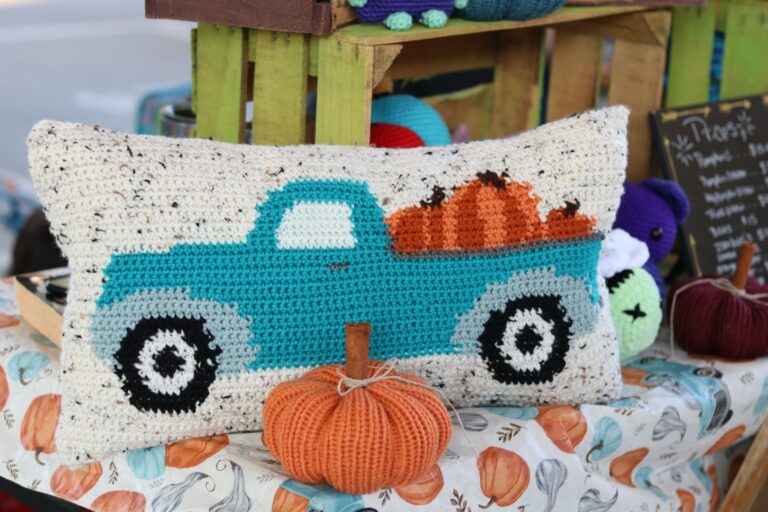

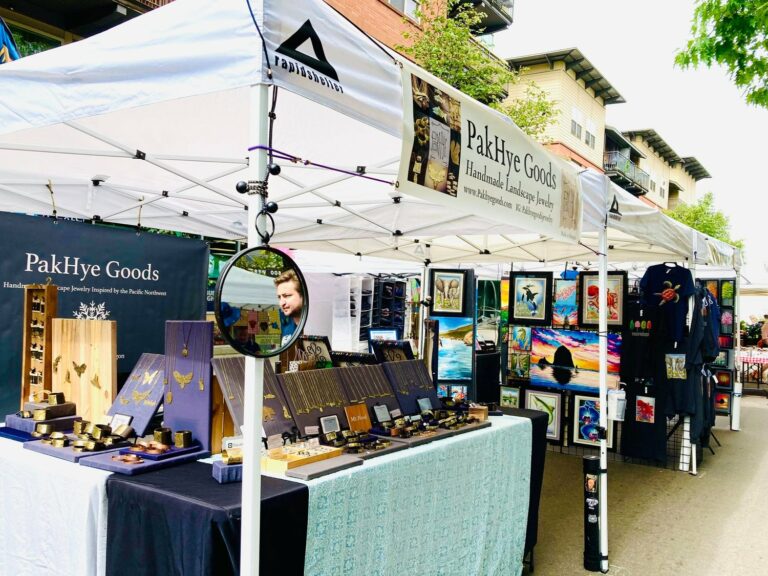
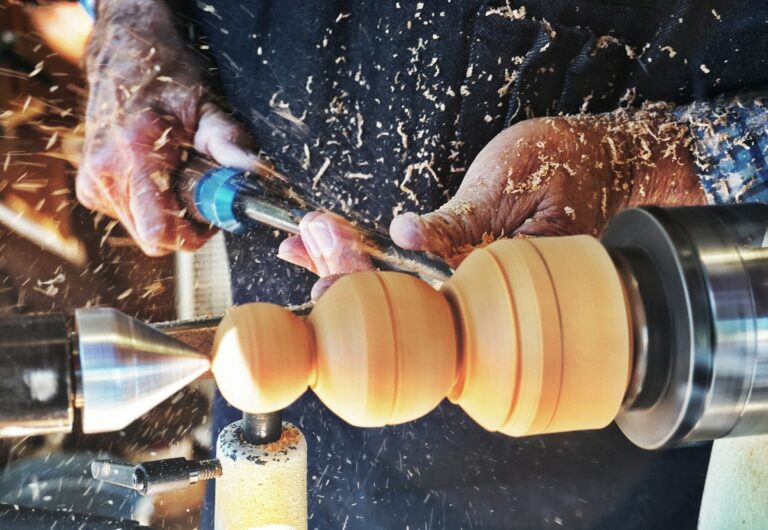
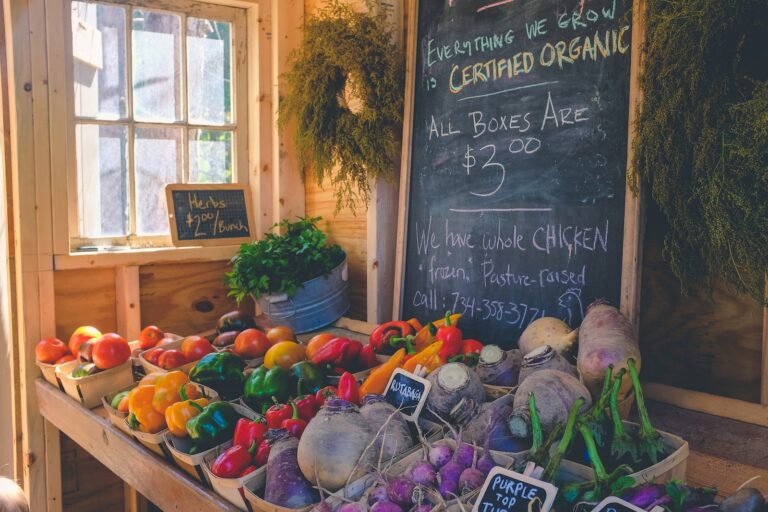





[…] buying peaches, it’s important to pay attention to a few things: the skin should be smooth and free of […]